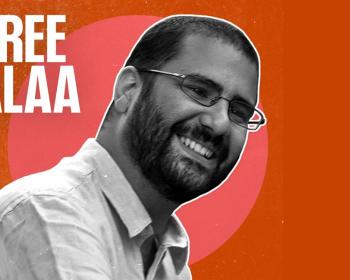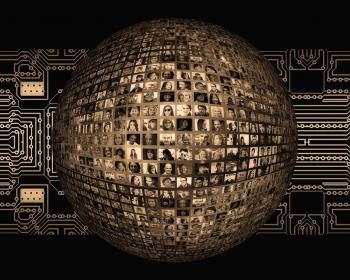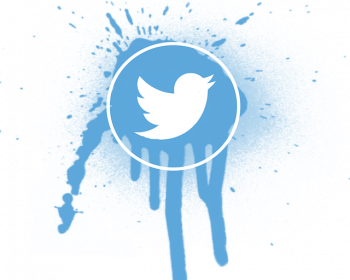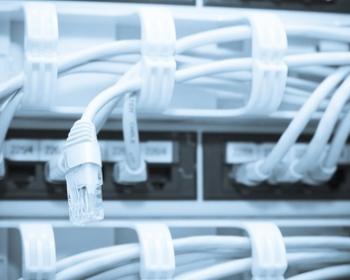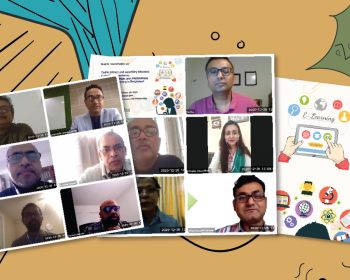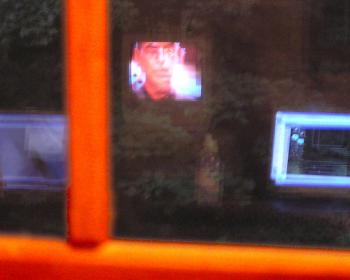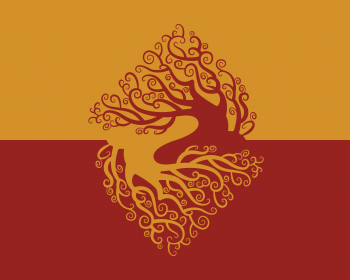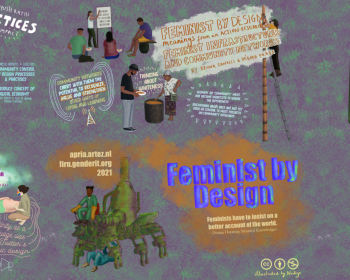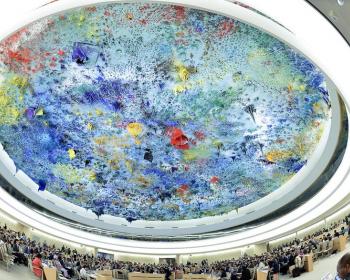Human rights and ICTs
As a visionary, Alaa was among the first to recognise the power of technology in uniting and mobilising people against unjust and oppressive states. The life and fate of Alaa is at stake, the United Kingdom Foreign Office must act now to save his life.
Our columnist reflects on five issues for the wider internet environment raised by Elon Musk’s planned acquisition of Twitter, including for human rights, freedom of expression and corporate accountability.
The APC network and staff reflect on some under-explored concerns about Elon Musk's buyout of Twitter that are not being highlighted and debated enough, indicating serious implications for freedom of expression and human rights online.
APC and other civil society organisations are concerned that the gateway will supercharge the government’s censorship capabilities, allowing it to scale up its website blocking, and could generate self-censorship online among critical voices and independent media outlets.
Recognising the need for a rapid and effective response to the pressing issue of access to online education, Bytesforall Bangladesh saw an opportunity to advocate for equitable access to the internet as a public good, affirming access to education as a fundamental human right.
This joint submission to the 41st session of the UN Universal Period Review focuses on Brazil's fulfilment of human rights obligations in the digital context.
As the final stage of the trialogue negotiations on the Digital Services Act (DSA) is approaching, ECNL, as part of the DSA Human Rights Alliance, is calling for the Act to truly comply with international human rights standards.
What is the weight of a byte? Who breathes in fumes so that I can stream a film? Who mines for tin while we zoom in? For too long, internet policy makers and tech companies punted their responsibilities towards people and the planet.
Feminist By Design is ambitious in its title and aims. The journal showcases research journeys, findings and feminist intentions, bringing together a diverse group of researchers from around the world who were part of the Feminist Internet Research Network (FIRN).
The Human Rights Council (HRC) held its 49th session in Geneva from 28 February to 1 April. During a long session that covered five weeks, the Council discussed important country situations and thematic issues on the intersections between human rights and technology.

Association for Progressive Communications (APC) 2022
Unless otherwise stated, content on the APC website is licensed under Creative Commons Attribution 4.0 International (CC BY 4.0)



